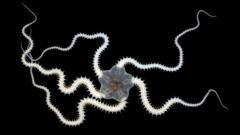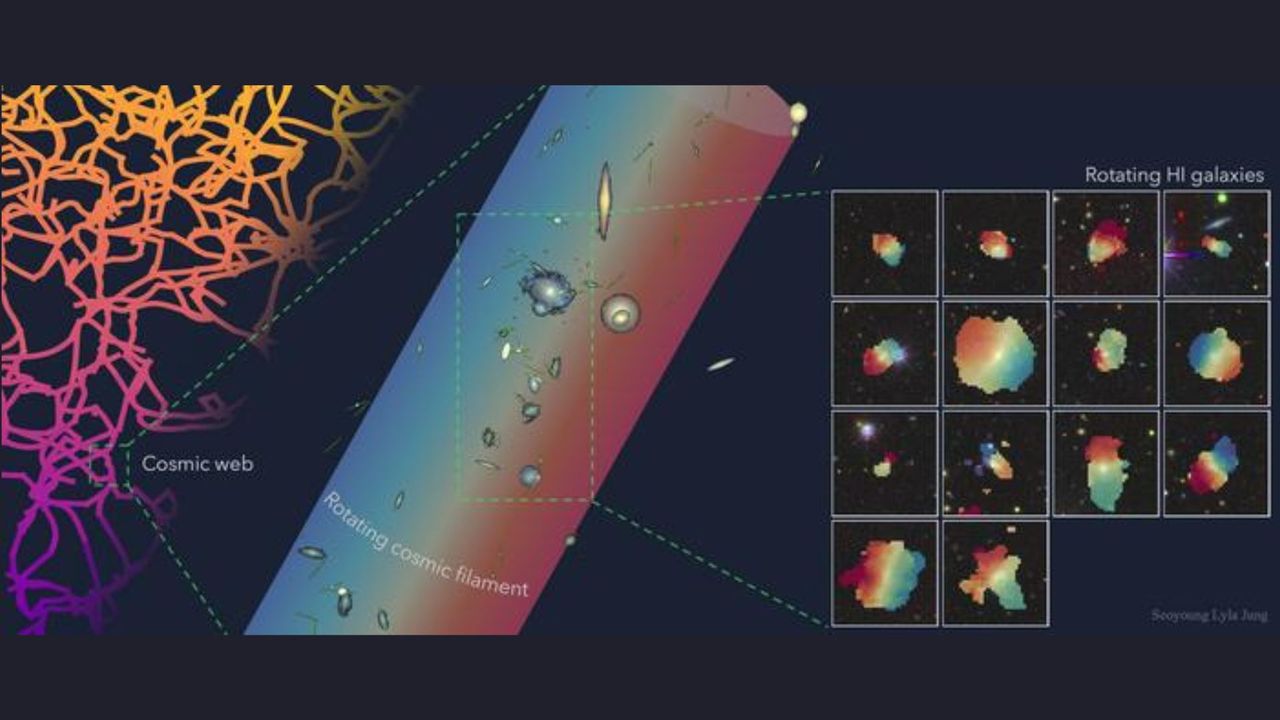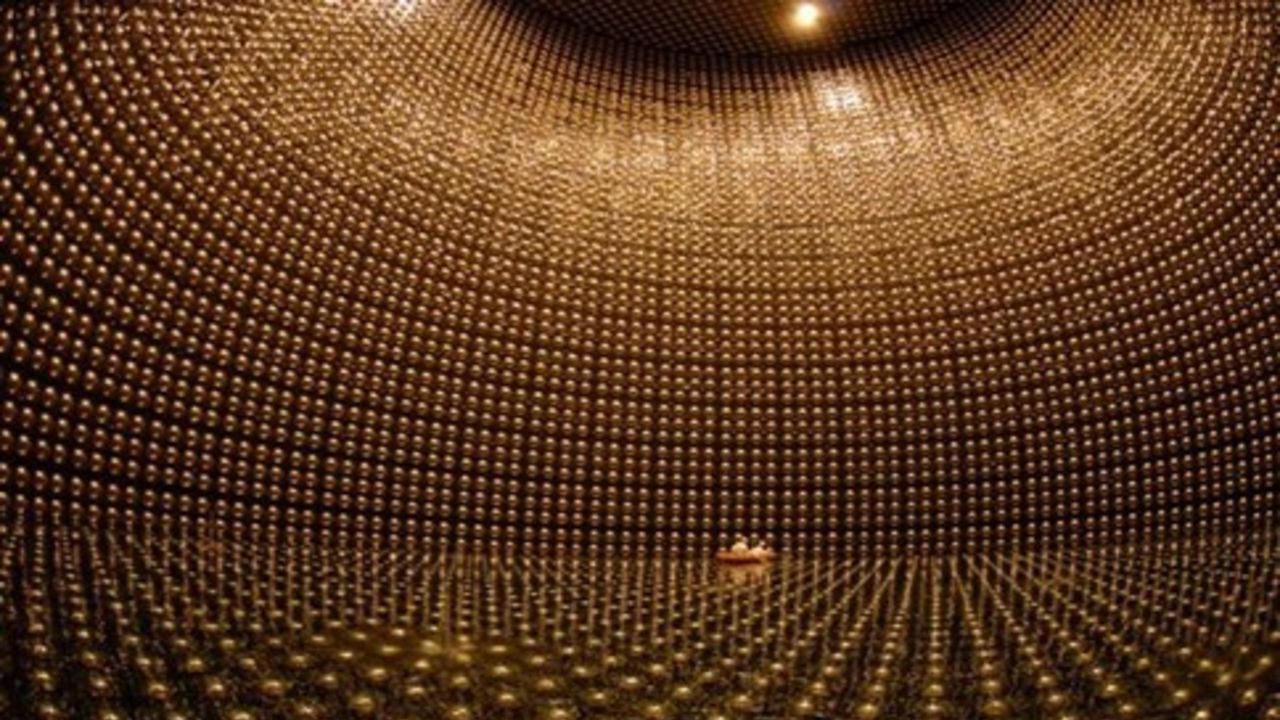Will AI Ever Win a Nobel Prize?
NeutralScience
The debate over whether artificial intelligence could ever win a Nobel Prize is heating up, with some researchers believing that AI could generate groundbreaking research worthy of such recognition. However, others are skeptical about the feasibility and desirability of having autonomous AI scientists. This discussion is significant as it touches on the future of AI in academia and the ethical implications of AI's role in scientific discovery.
— via World Pulse Now AI Editorial System
/https://tf-cmsv2-smithsonianmag-media.s3.amazonaws.com/filer_public/62/01/62019da1-dd28-4322-aca0-0ec598b63235/7402439760_6437bcb924_k.jpg)





